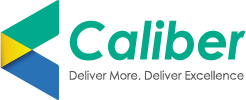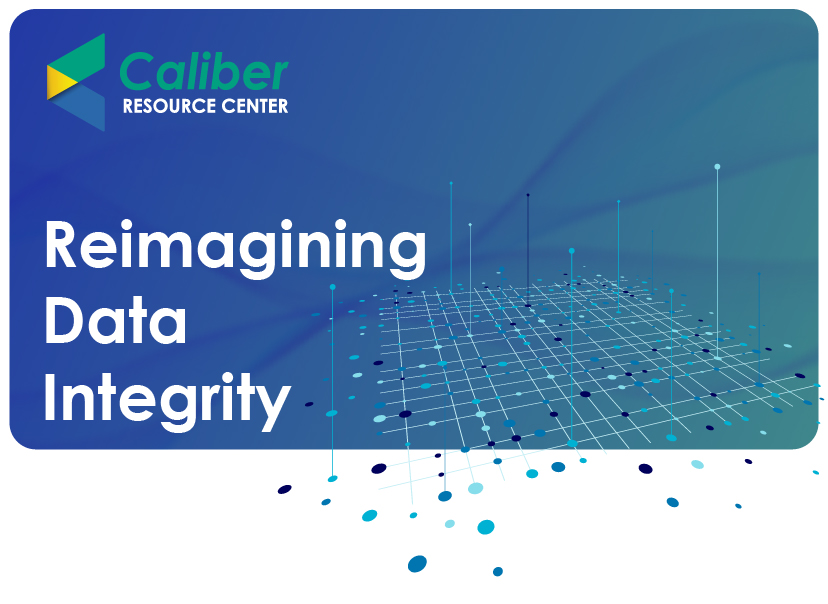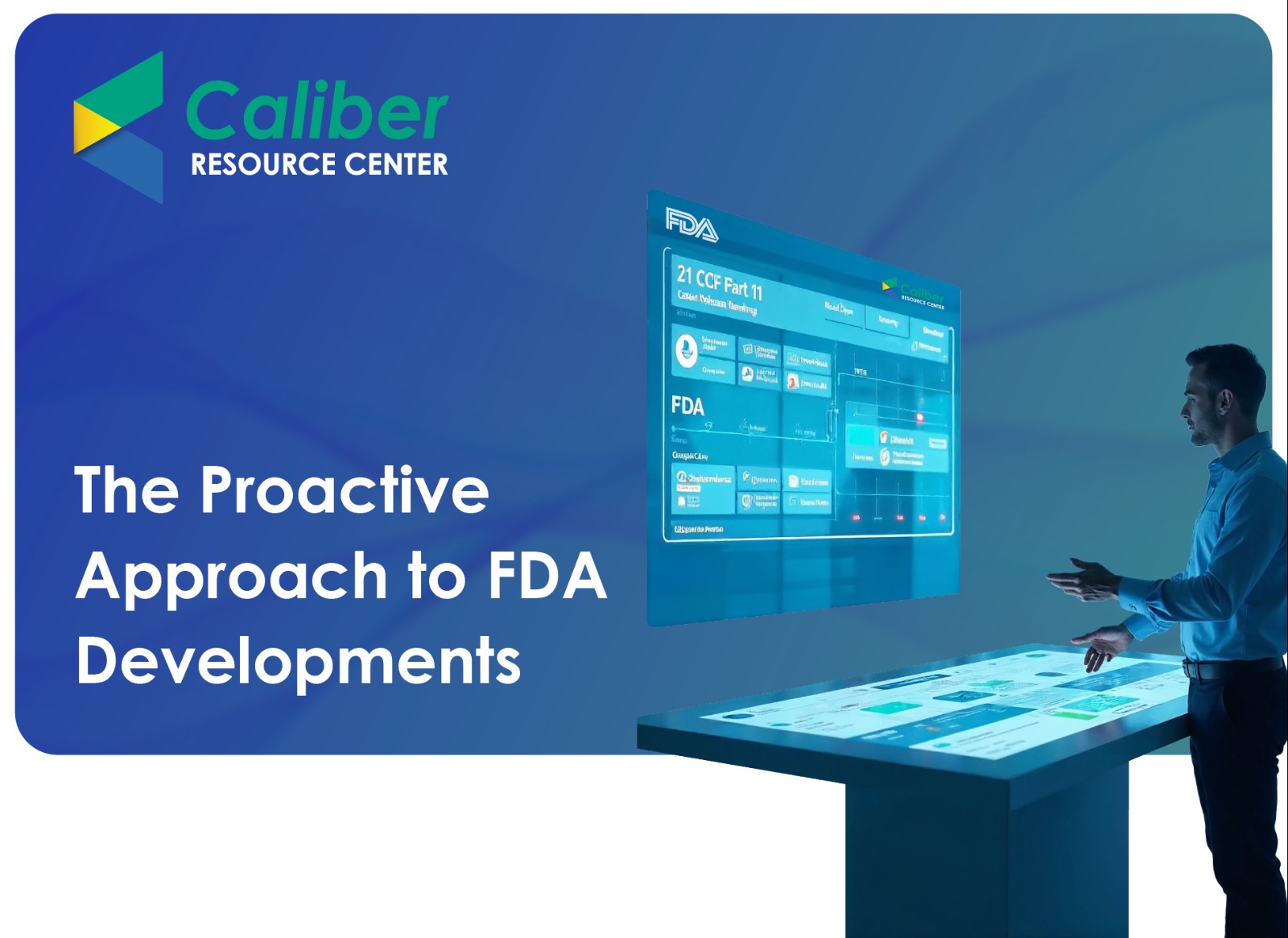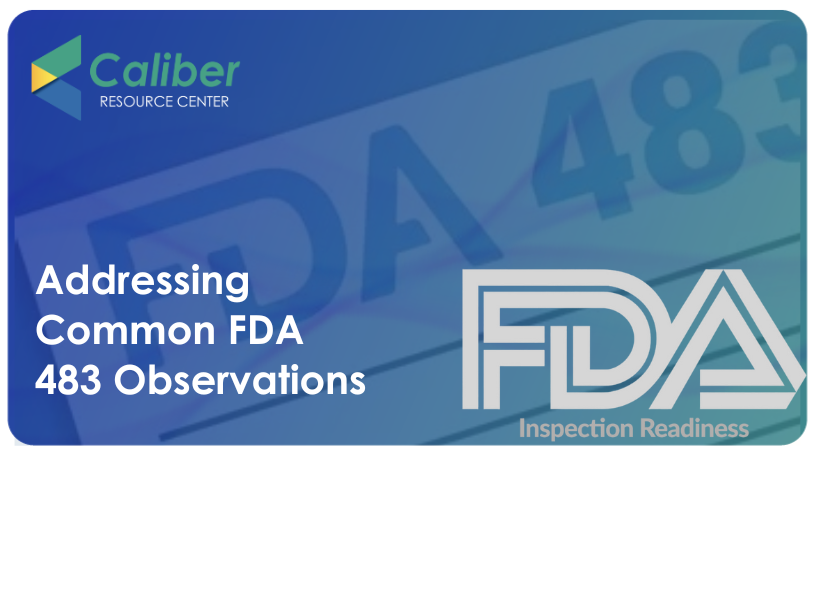What’s Inside
ToggleData is an essential and the most precious corporate asset any business can own. However, with the tremendous multiplication of data volume and intensified digitalization drives, it has become more crucial for companies to ensure data integrity throughout their operations.
Data integrity has been and continues to be one of the major reasons for FDA inspections. It is of utmost importance in a cGMP manufacturing setting. While data integrity guidance is not a new concept, the scrutiny of 21 CFR Part 11 compliance and data integrity has increased since electronic records have become the new industry standard. To keep the same in check, the FDA has issued various guidelines for the reference of manufacturing companies. This includes the FDA’s Data Integrity and Compliance with Drug cGMP Guidance for Industry document, ALCOA+, and 21 CFR Part 11.
Nevertheless, the regulatory industry has its own limitations. While the life sciences and pharmaceutical companies are trying hard to maintain data integrity, they are also under the pressure of being flexible, scalable, competitive, and future-ready. In their efforts to map through all the quality dots and in the absence of a truly reliable, robust digitalization solution, some ends remain loose.
Data Integrity: The Paradigm Shift
In the simplest form, data integrity refers to the consistency, completeness, and accuracy of data. It also encompasses data safety, compliance, and security. Data integrity ensures that the information under review is complete, accurate, and reliable now and will continue to be over time. While organizations have been fixated on ensuring the physical integrity of data, they are conveniently neglecting the data’s complex intellectual and dynamic nature. The logical integrity of data is the most crucial of the two. Modern enterprises must bring data integrity to the forefront and improve business intelligence to the next level. It is critical to consider four areas that encompass data integrity: data enrichment, location intelligence, data quality and accuracy, and enterprise-wide integration.
Data enrichment: There is a need to use a robust digitalization partner to validate and deliver greater insights on enterprise assets (data). Data must speak of the valuable, insightful information needed for smart business decision-making.
Location intelligence: Collection of data needs to be digitalized. Data collected from various sources must sit at one place, avoiding silos. This also promotes consistency and accuracy of data.
Data quality and accuracy: With the increasing volumes of data, maintaining accuracy and quality becomes more critical. Inaccurate and incomplete data can diminish the value of business analytics and render invalid results.
Enterprise-wide integration: The most crucial factor is eliminating the dispersed data systems within an organization. This leads to data divisions and split critical context insights. For example, enterprises using hybrid platforms often risk data silos across multi-cloud environments. This cuts off data sharing while also resulting in inconsistent reports and analytics. Analysis of enterprise-wide data is thus imperative for accurate and actionable insights.

Quality Data Intelligence for Resilient Enterprises
FDA has been encouraging the adoption of digital systems for quality management maturity. It helps maintain data integrity and stay aligned with the evolving regulatory guidelines and processes. Data plays a critical role in quality management maturity (QMM). With increased technology advancement and tightened regulatory requirements, the amount of data to be gathered and analyzed has increased.
Based on the FDA’s mandate about sustainable compliance, cross-functional collaboration is the key to maximizing operational effectiveness. When quality and manufacturing efforts are integrated, companies can set up a data-driven culture.
Connecting the Dots with Integrated Quality Management
When quality is integrated across systems, the entire picture is tightly knitted together. It brings in data integrity, reliable reports, and better insights on one platform. With a strong quality foundation, regulatory compliance, traceability, and audit-readiness are automatically achieved.
Digitalizing and integrating quality systems facilitates data flow and collection processes. With greater access to integrated data from the shop floors, response to situations such as deviations, non-conformances, and CAPAs can be accelerated. This results in increased efficiency, reduced downtime, no batch recalls, and thorough traceability.
Enterprise platform for integrated quality (epiq) by Caliber is a breakthrough innovation. Its thoughtful approach to establishing a quality culture within enterprises is the need of the hour. It is developed to have an inclusive system for integrating quality into QMS, DMS, and LMS. With seamless interconnectivity, managing the quality and integrity of data is an easily achievable goal.




